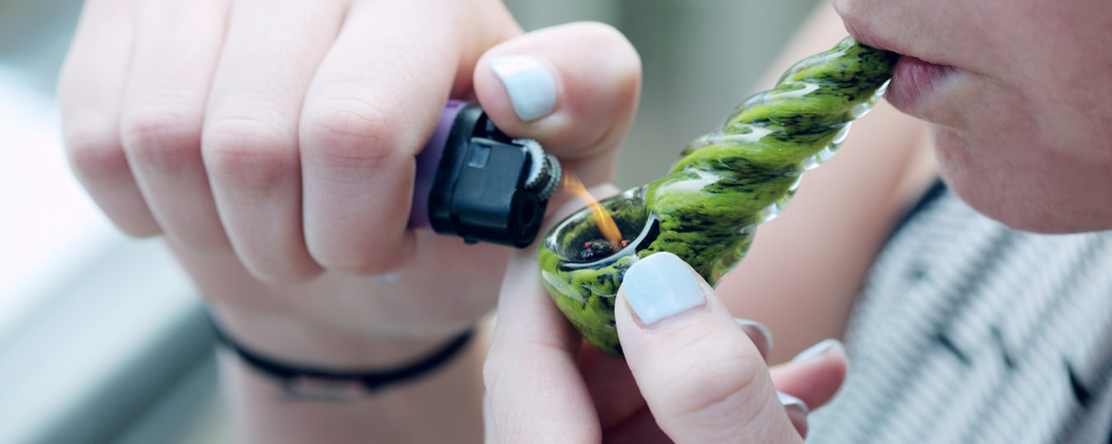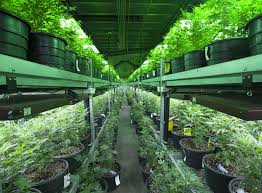Is Weed Addiction, Marijuana, also known as weed, has been a topic of much debate and discussion, especially as its use becomes more widespread and legalized in many parts of the world. While marijuana is often seen as a relatively harmless drug, there are growing concerns about its potential for addiction. So, is weed addiction real? The answer is yes, but with important nuances that need to be explored.
What is Weed Addiction?
Weed addiction, more formally referred to as cannabis use disorder (CUD), occurs when a person develops a dependence on marijuana. This condition can manifest as an inability to stop using the drug, despite experiencing negative consequences, such as impaired health, relationships, or work performance. While not everyone who uses marijuana will become addicted, it is possible for some individuals to become psychologically and physically dependent on the substance.
Signs of Weed Addiction
People who struggle with weed addiction may exhibit certain behaviors that suggest they are no longer in control of their use. Some of the common signs of weed addiction include:
- Frequent cravings: A strong desire or urge to use marijuana.
- Tolerance: Needing to use more marijuana to achieve the same effects.
- Withdrawal symptoms: Feeling irritable, anxious, or restless when not using marijuana.
- Neglecting responsibilities: Allowing work, school, or social obligations to fall by the wayside.
- Failed attempts to quit: Trying and failing to reduce or stop marijuana use.
The Psychological and Physical Effects of Weed Addiction
Marijuana affects the brain’s reward system, leading to altered thinking, mood, and behavior in regular users. People who are addicted may rely on marijuana to cope with stress, anxiety, or other emotional issues, which can lead to a cycle of dependence. Over time, this reliance can result in both psychological and physical effects, such as:
- Memory and learning difficulties: Chronic use can impair cognitive functions and memory.
- Mental health problems: Increased risk of anxiety, depression, and paranoia.
- Physical health issues: Respiratory problems from smoking marijuana, and other potential health risks related to prolonged use.
Risk Factors for Weed Addiction
Not everyone who uses marijuana will develop an addiction. However, certain factors may increase the likelihood of becoming addicted:
- Age of first use: People who start using marijuana at a young age, especially during adolescence, are at a higher risk of developing cannabis use disorder.
- Frequency of use: Regular or daily use of marijuana increases the chances of addiction.
- Genetic factors: A family history of substance use disorder may make someone more susceptible to addiction.
- Mental health issues: People with underlying mental health conditions, such as depression or anxiety, may use marijuana to self-medicate, which can increase the risk of dependence.
Treatment for Weed Addiction
Like any form of addiction, cannabis use disorder can be treated with professional help. Treatment options may include:
- Behavioral therapy: Cognitive-behavioral therapy (CBT) and contingency management are commonly used to help individuals change their habits and reduce marijuana use.
- Support groups: Participating in group therapy sessions, such as Marijuana Anonymous, can provide individuals with a sense of community and accountability.
- Medication: In some cases, doctors may prescribe medications to help manage withdrawal symptoms or address underlying mental health issues.
Conclusion
So, is weed addiction real? Yes, marijuana addiction is a legitimate concern for some individuals. While marijuana may not be as addictive as some other substances, it can still lead to dependence and negatively impact a person’s life. If you or someone you know is struggling with weed addiction, seeking professional help is an important step toward recovery and improving overall well-being. Understanding the risks and effects of marijuana use can empower individuals to make informed choices about their health and lifestyle.
You Might Also Like These:



